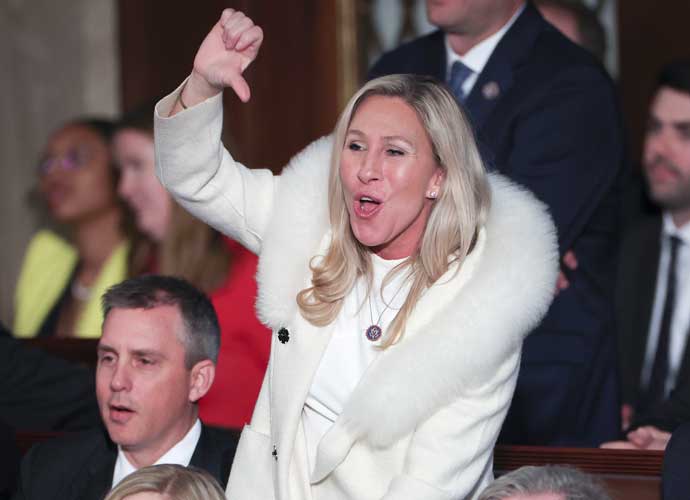This Congress Is The Least Productive In U.S. History, New Data Shows
The 118th Congress looks like it will shape up to be one of the least productive in U.S. history, with only a few dozen laws passed by the close of 2023.
Data from analytics firm Quorum shows that this lack of productivity can be attributed to the divided partisan control of Washington and internal disagreements within the House Republican majority, which have consistently stalled legislative business.
One significant example of this legislative gridlock occurred for three weeks in the fall, when Congress was paralyzed due to the Republican Party’s inability to find a replacement for ousted Speaker Kevin McCarthy (R-California).
The consequences of this internal strife are evident in the paltry number of bills that have been passed into law this year.
Quorum says that only 20 bills have been signed into law, with an additional four that await President Joe Biden‘s signature. This falls far below the productivity levels even in historically unproductive first years, such as the 104th, 112th and 113th Congresses, where Republicans held one or both chambers and worked with Democratic Presidents Bill Clinton and Barack Obama. In those years, between 70 and 73 laws were passed.
2023 represents a low point in a trend of increased gridlock that has only developed in the past few years. Five out of the six most unproductive first years of Congress have occurred since 2011. A closer examination of the laws passed by this Congress reveals an even bleaker picture. The majority of these laws were uncontroversial, passed either by unanimous consent or with minimal opposition.
Examples include several bills that renamed Veterans Affairs clinics and one that authorized the minting of a coin to commemorate the 250th anniversary of the Marine Corps. The other significant legislation passed this year comprised must-pass bills that regarded the debt ceiling and government funding.
In contrast, the previous 117th Congress, in which Democrats held control of both chambers and the White House, was relatively productive. It passed several notable pieces of legislation, which included a bipartisan infrastructure law and the Inflation Reduction Act.
It is unlikely that next year will see an increase in productivity. The 2024 presidential election and impending legislative battles are expected to consume lawmakers’ time and energy, further hindering the passage of significant legislation.
Despite the gridlock, the House GOP management voted to start a formal impeach inquiry against Biden before the holidays.
RELATED ARTICLES
Get the most-revealing celebrity conversations with the uInterview podcast!









Leave a comment